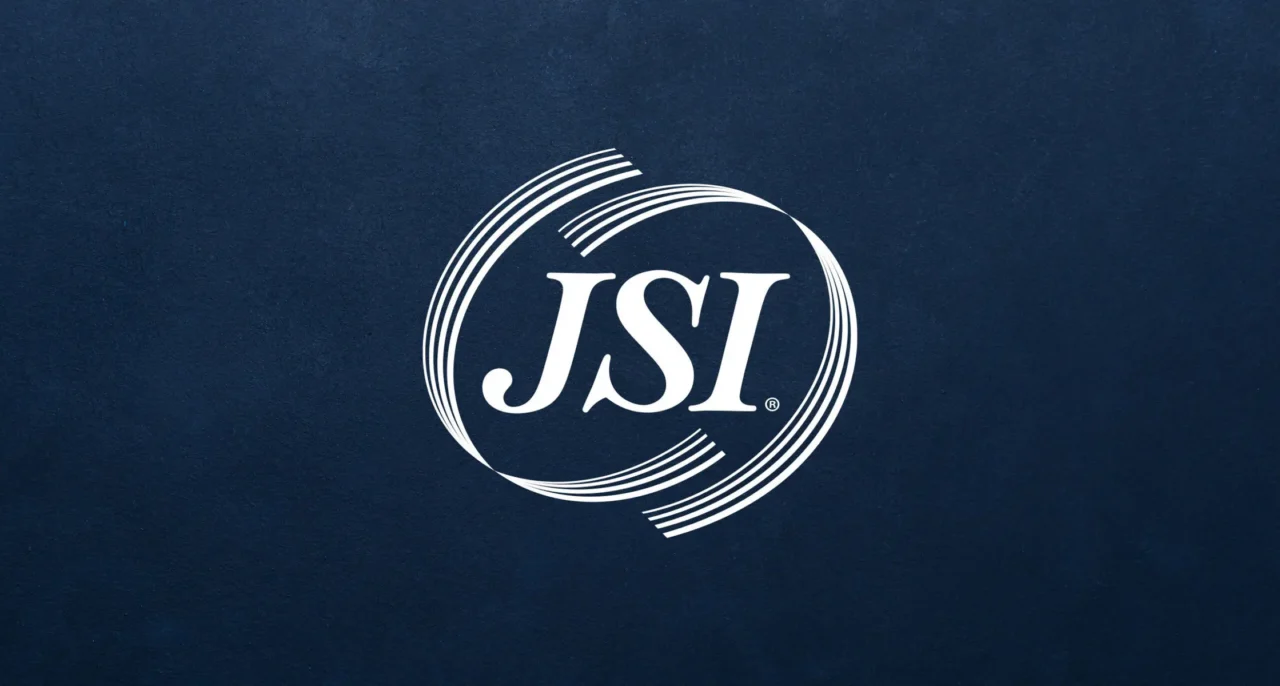
FCC Proposes Reforms for Special Access

Early this month, the FCC released an Order and Further Notice of Proposed Rulemaking (NPRM) as a result of the 2015 Special Access Data Collection and the Tariff Investigation NPRM. The new rules in both the Order and latest NPRM propose significant reforms for both time-division multiplexing (TDM) and IP special access services, and the Order finds that certain terms in Price Cap carrier tariffs are unjust and unreasonable. Although the Order and NPRM only apply in Price Cap areas, the results ultimately could affect how rate-of-return carriers purchase transport or how their affiliated CLECs or statewide networks can compete in the $45 billion special access market.
Specifically, the FCC found that Price Cap tariff or contract provisions that impose all-or-nothing, shortfall penalties, and early termination penalties that require customers to pay more than the original commitment are unjust and unreasonable. Price Cap carriers that have such provisions in their tariffs must modify their tariffs within 60 days of release of the Order (which is July 1, 2016), with an effective date within 15 days of the filing. The FCC believes this will allow customers to more easily change providers because they will not be locked into current agreements and therefore can more easily migrate from TDM to IP services.
The Order also introduces a new term, “Business Data Service (BDS),” to describe both TDM and IP (Ethernet) dedicated services. BDS dedicated service transports data between two or more designated points at a rate of at least 1.5 Mbps in both directions (upstream/downstream) with prescribed performance requirements that typically include bandwidth, reliability, latency, jitter, and/or packet loss. BDS does not include “best effort” service, e.g., mass market broadband access, such as DSL and cable modem broadband access.
In reforming Special Access/BDS, the FCC wants to eliminate the regulatory differentiation between technologies (TDM and IP) and type of carrier (ILEC, CLEC, IXC, etc.). To eliminate the regulatory differentiation between Price Cap ILECs and competitive providers, the FCC proposes to identify “competitive areas” that will have minimum regulations and “non-competitive areas” that will have more regulation. The area designations will be reviewed every three years.
Proposed Rules that Apply to All Price Cap Markets
The FCC’s NPRM proposes minimum standards for all providers of BDS in all Price Cap markets:
- Non-disclosure of agreements’ terms to the FCC are prohibited
- BDS commercial agreements may not contain the unjust and unreasonable terms identified in the Tariff Investigation Order
- All-or-nothing provisions
- Shortfall penalties
- Early termination fees that are greater than the original contract payments
Proposed Rules for Non-Competitive Price Cap Markets
For non-competitive markets, the FCC proposes to regulate both TDM and Ethernet services under the same rules. This would regulate Ethernet service for all Price Cap carriers. The FCC proposes to:
- Implement Price Cap regulation on both TDM and potentially some Ethernet service
- Update the Price Cap productivity factors to encourage efficiencies
- Make adjustments in baseline price cap levels
- Use lower speed TDM services as a benchmark for setting Ethernet pricing that is not subject to price caps
- Impose restrictions on tying arrangements
Mandatory Periodic Data Collection
The proposed plan also will require data to continually determine which Price Cap areas are competitive and non-competitive and to verify that carriers are continuing to charge just and reasonable rates. The data request will be a scaled back version of the 2015 Special Access Data Request. The FCC proposes to have a data collection every three years. The Commission is seeking comment on the burden this data collection will cause for small carriers. These comments are due June 28, with a July 26 deadline for reply comments.
If you would like more information about the new rules or NPRM or if you would like to file comments on the NPRM, please contact Valerie Wimer in JSI’s Maryland office at 301-459-7590.
Source: JSI e-Lert
